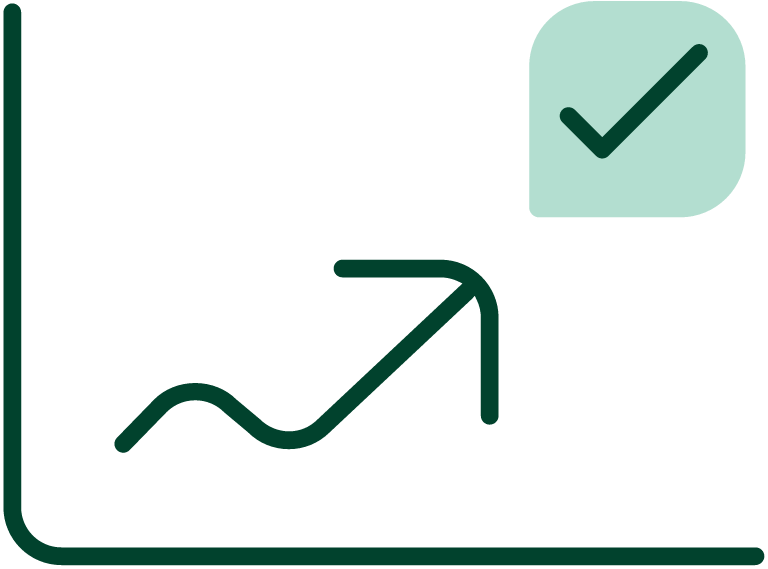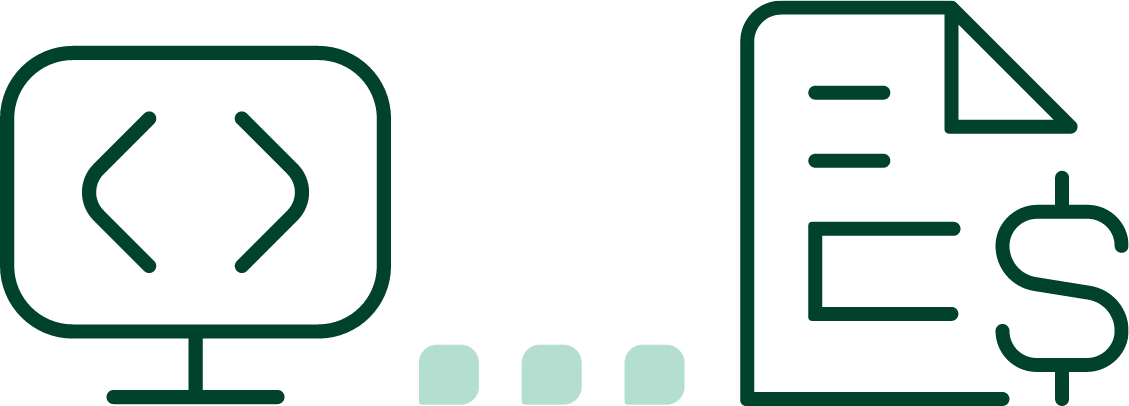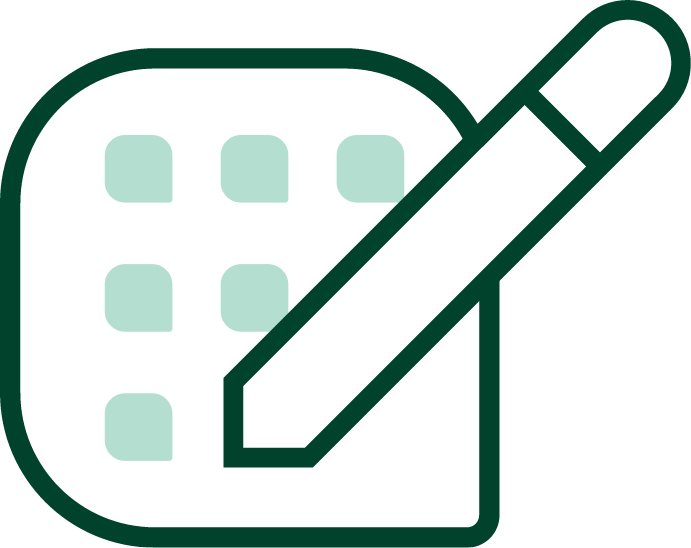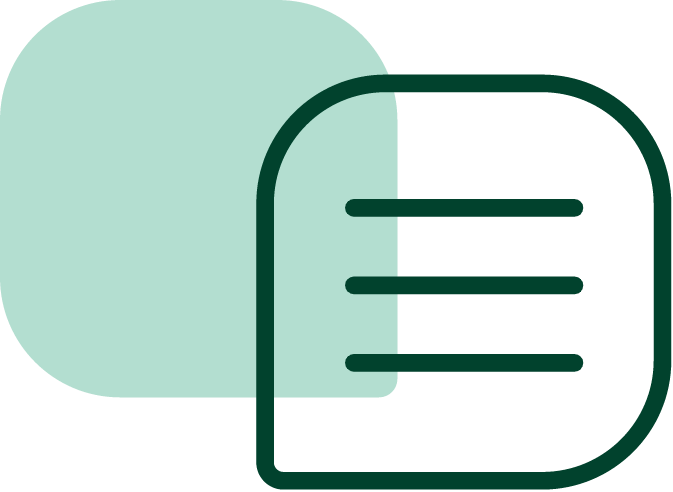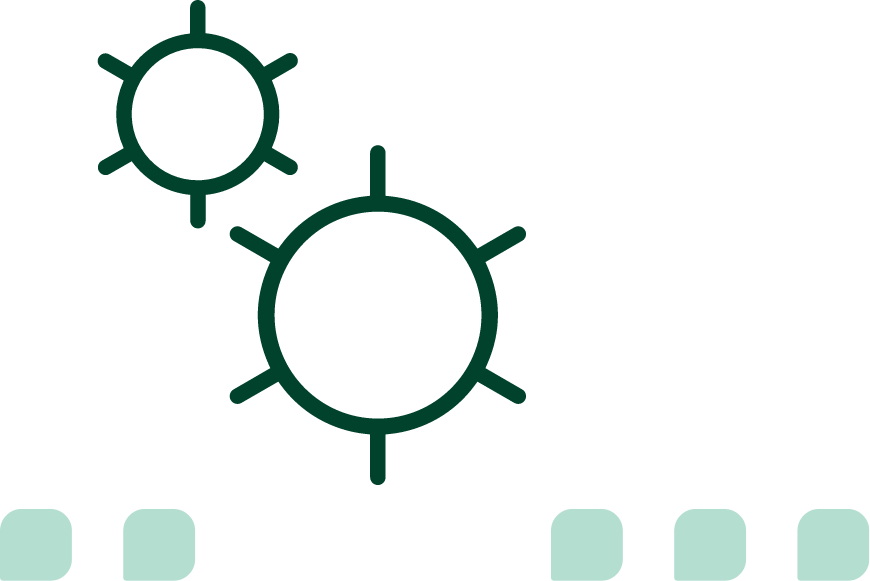Efficient dispute management plays an essential role in improving your organization’s financial and business success. Disputes within account receivables can lead to delayed payments, strained customer relationships and unforeseen cash flow problems. In many cases, they lead to deductions, so your A/R team needs a process that supports deductions as well. By implementing an effective process, businesses can swiftly resolve discrepancies and promote a healthy cash flow.
What Is Invoice Dispute Management?
Dispute management is the process of resolving disagreements or discrepancies between a business and its customers. It involves identifying the root cause of invoice disputes and finding solutions that satisfy both parties. Many companies still use a manual or traditional process for this, which poses numerous challenges.
Disputes often lead to two different types of deductions: earned and claims. Earned deductions are those given to a customer based on specific guidelines, such as having made a specific amount of purchases within a certain timeframe. Claims deductions are made by the customer for a specific reason, such as if a product arrives partially damaged. These claims can be difficult to verify and usually go through a systematic process of investigation before the claim is approved or denied.
The Traditional Dispute Resolution Process
The traditional dispute resolution process typically follows a linear, manual method with many steps that sometimes need to be repeated.
Here are the usual steps:
- Receiving the dispute: The accounts receivable team identifies a customer’s invoice or payment discrepancy and is given to an A/R analyst. The dispute can be related to a billing error, incorrect charges, customer dissatisfaction with the product, or payment discrepancy.
- Prioritizing the dispute: A tracking system gives a code to the dispute, which is determined according to the importance of the dispute and how it affects your cash flow.
- Gathering documentation and data: The analyst collects relevant information, such as Proof of Delivery (PoD), Purchase Orders (PO), Bill of Lading (BoD), or tax invoices to determine the cause of the dispute and develop a resolution strategy.
- Resolving the dispute: Based on the information collected, the A/R analyst determines if the dispute is valid or invalid. If valid, he determines how it should be resolved (e.g. write-off, debt collection or refund).
- Submitting for approval: If valid, the A/R analyst submits the resolution to his team and supervisors for approval. The supervisors also need to go through additional steps for the approval, delaying the process. Once approved, either a debit or credit is issued to the client.
- Informing the client: If invalid, further research is done or the issue is closed. If valid, another round of approvals is required which may delay the process further.
- Reporting: Manual reporting is delivered to the managers for ongoing analysis and possible improvements.
Why the Traditional Dispute Management Process is Ineffective
Since this is a complex process, it has a number of disadvantages. The primary disadvantage is that complexity often gives way to errors, requiring the process to be reviewed multiple times as a method for preventing error.
Other significant problems include:
- It’s time-consuming. Manual steps, such as gathering documentation and contacting customers, can be labor-intensive and delay resolution. This can be especially difficult when dealing with high volumes of disputes or once a company scales and more disputes are suddenly received.
- It’s expensive. Since it involves different roles in the A/R department, it’s costly to maintain. Unresolved disputes in particular consume time and resources since they require processes to be repeated. And of course they affect a company’s cash flow because invoices in dispute usually are not paid until the dispute is resolved.
- It’s manual. The reliance on manual processes makes it highly susceptible to error such as miscommunication or overlooked details, which can make matters worse.
- It offers limited visibility. The reports that traditional dispute management processes generate are not in real-time, limiting the A/R team’s understanding of the current dispute management situation, which is dynamic.
- It disperses data across multiple platforms. A/R collections teams must search for relevant data in emails, private notes, google spreadsheets, etc. The information is not consolidated into a single platform.
The 6 Main Types of Collections Disputes
Disputes can happen for several different reasons. They most commonly result from errors and misunderstandings. Regardless of the type of dispute, businesses should take them seriously since failure to resolve them could negatively impact their reputations and relationships with customers.
1. Price
Disputes related to price often arise when there is a disagreement between the customer and the business over the amount owed for a product or service. These disputes can stem from a mismatch between the agreed-upon price and the invoiced price or a misunderstanding of the pricing structure.
2. Quality
Quality disputes occur when the customer is dissatisfied with the end product or service provided. Reasons include defects, non-compliance with specifications, or a perceived lack of value for the high price paid.
3. Unclear Terms
These disputes occur when the terms and conditions of an agreement are ambiguous, leading to differing interpretations by one or more parties. These disputes can be complex and time-consuming, often requiring renegotiation or clarification of the original contract.
4. Administrative
Administrative disputes are related to errors or inaccuracies in the paperwork, documentation, or communication between the parties. These can include incorrect customer information, missing purchase orders, incorrect item numbers, or miscommunication of critical details.
5. Billing
Billing disputes involve issues with the invoicing process, such as duplicate invoices, incorrect charges, lack of PO number, wrong company name, ID or contact information, or discrepancies in the calculation of taxes or fees. Your business can preserve relationships by resolving disputes quickly.
6. Late Deliverables
Disputes related to late deliverables arise when the customer does not receive the product or service within the agreed-upon timeframe. This can result in financial losses, disruptions in the customer’s operations and a damaged reputation.
Tips for Minimizing Collection Disputes
Collection disputes are part of the territory when dealing with A/R collections. A large volume of disputes, however, places significant strain on the accounts receivable team as they work to resolve each issue.
Here’s how you can keep these disputes to a minimum.
- Ensure the invoice has the correct details. Your customer should be able to take a quick glance at the invoice and understand the product or services he paid for, that date and amount paid. The name of your organization and address should also be clearly identifiable so that your customers can easily identify the source for the payment.
- Have a clear communications process in place. Send an estimate to help the customers gauge the pricing, then an official contract with a digital signature so that you have a record of your agreement. Give them easy access to all past invoices so that they can compare past purchases and current ones if necessary.
- Attend to short-paid invoices ASAP. You’ll need to find out if the invoice was a legitimate mistake or due to a dispute about one of the services or products charged.
- Consider automating the collection process. Streamlining the A/R collections process enhances the customers experience, delivering more detailed and accurate communications to reduce collections disputes.
- Consolidate the process. Put all dispute communication in one single platform which holds all of the relevant data so your team has it for easy reference during calls.
The Benefits of an Effective Dispute Resolution Strategy
By documenting your dispute resolution strategy and using an invoice-to-cash A/R platform, you can ensure that your strategy is both effective and that your entire A/R team is on the same page when it comes to dispute management. Applying both of these tactics to your dispute resolution strategy will improve your cash flow and significantly reduce bad debt.
Additional benefits to your A/R team include:
-
- Strengthening of your reputation and brand. Businesses that develop a reputation for a fair and efficient way of handling disputes tend to have satisfied customers who are more likely to want to continue doing business with them.
- Enhancement of customer relationships. When your A/R team is no longer involved in dispute management, they can focus their time and effort on building stronger relationships with their customers.
-
- More accurate payment forecasting. A streamlined and efficient dispute resolution strategy allows for more timely payments, enabling businesses to more accurately calculate their cash flow and make decisions regarding both future expenses and investments.
- Better data analysis. With a more effective dispute management strategy, you’ll have a more accurate understanding of customer behavior, payment issues and cash flow, allowing you to make data-driven business decisions.
- A more efficient use of time and resources. An automated invoice-to-cash A/R platform streamlines the dispute process so that your team can focus on enhancing customer relationships and accelerating collections performance.
- Acceleration of team productivity. Enhanced customer relationships and the efficient use of your team’s time and resources lead to greater productivity among members of your team.
- A decrease in unnecessary costs. An effective dispute resolution strategy helps you avoid long-standing disputes, overdue invoices and the need to take a dispute to court, all of which are costly for your businesses and can significantly slow down your cash flow.
Optimize Your Dispute Management with Gaviti
If your business is still operating dispute management the traditional way, it might be time to consider a replacement. Gaviti’s automated A/R collections solution eliminates cumbersome manual tasks, streamlining disputes so that they can be assessed and resolved quickly, improving relationships with customers and getting invoices paid faster. It also enables you to easily filter and view invoices according to each customer, number of disputes, or as an aggregated view of all invoices and manage their payment within the payment portal.
With accurate and clear information of all past and present invoices at their fingertips, customers know exactly what services and products they’ve paid for and the next step in the collections process. With performance metrics in real-time, it provides a proactive approach to invoice disputes resolution, improving the performance of your A/R collections team and your DSO by up to 30%.
Want to see if Gaviti can improve your dispute management in accounts receivable and enhance your customer experience? Contact us for more information and book your demo today.


